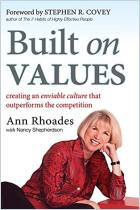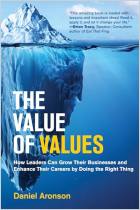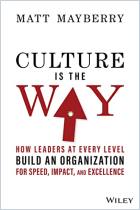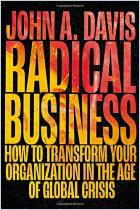
When It Comes to Culture, Does Your Company Walk the Talk?
Company practices often conflict with corporate values. Closing the gap starts with communication.
Recommendation
Companies tout their core values and corporate culture on their websites and in CEO interviews. Does all that hype impress company insiders and employees? Donald Sull of MIT’s Sloan School of Management and his co-authors Stefano Turconi and Charles Sull considered the array of values corporations claim to embody and tried to match them with assessments from those companies’ employees. The results aren’t pretty; when it comes to corporate culture, employees aren’t always buying what their employers are trying to sell.
Summary
About the Authors
Donald Sull, who teaches at MIT’s Sloan School of Management, and Charles Sull are co-founders of CultureX, an AI platform for interpreting employee feedback. Stefano Turconi is a teaching fellow of strategy and entrepreneurship at London Business School.



















Comment on this summary or Start Discussion